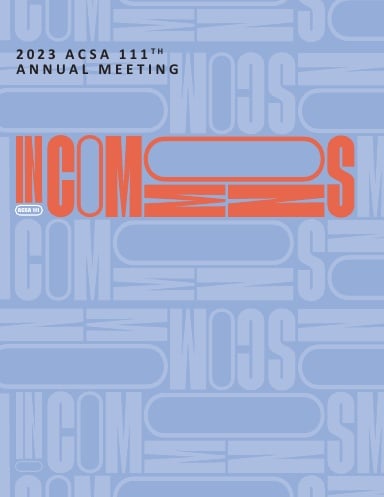Author(s): Lindsay Harkema
What happens when independent women designers form a collective practice rooted in co-creation rather than singular authorship? How could feminist values inform and inspire a shared design approach? Which professional conventions should be unlearned in order to foster more mutually supportive spatial practices? The history of feminist practice in architecture offers more than a century of women-led collective initiatives. But their marginalization has prevented feminist values from being normalized in the profession and the built environment at large. Still today, women-led collaborative practices are considered novel. WIP: Work In Progress | Women In Practice is feminist design collective composed of two entities: a supportive community of women design professionals and a collaborative practice shared between individual members. WIP is a work in progress, subject to adaptation by and for its participants. Within the shared practice, WIP Collaborative, team structure and work methods are adjusted to the needs of specific projects, including scope, community and stakeholders, and the interests of WIP members involved. To date WIP has completed a range of projects and events in the public realm that foreground embodied experiences, equity, access, and inclusivity, including public space installations, community focused design research, and collective happenings. Learning from other feminist practices and workers cooperatives past and present, WIP Collaborative is democratically organized so that all participants contribute to its trajectory and creative process. WIP’s projects reimagine public environments by challenging, expanding, and transforming their norms. They explore issues of embodiment – physical, sensory, and emotional experiences of the body – and create environments of choice that support the spatial and experiential preferences of a diverse population. By embracing a plurality of human needs and a co-creative design approach, WIP operates outside the norms of conventional design practice in pursuit of a more vibrant shared future.
Volume Editors
ISBN
978-1-944214-41-8

 Study Architecture
Study Architecture  ProPEL
ProPEL 
